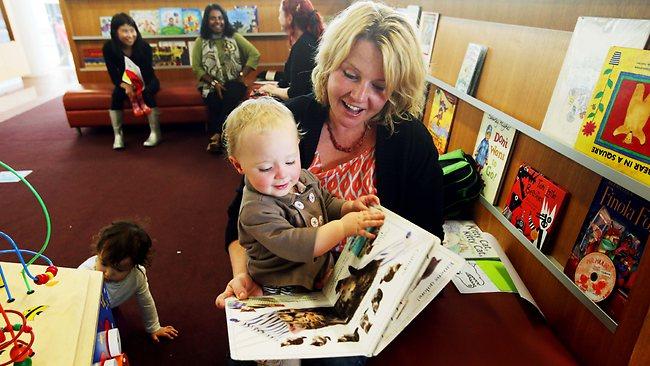Our kids healthier, more able at an early age
THE latest "census" of the development of the nation's five-year-olds shows a significant improvement over the past three years.

THE latest "census" of the development of the nation's five-year-olds, measuring their readiness for school, shows a significant improvement over the past three years with fewer children falling behind in the skills that are crucial to succeeding at school.
The latest results from the Australian Early Development Index, released yesterday by School Education Minister Peter Garrett, show that about one in five children across the nation remains vulnerable.
The biggest improvements were made in Queensland and the Northern Territory, with South Australia the only state to record an increase in the proportion of developmentally vulnerable children.
Australia is the only country in the world that assesses its entire population of children starting school to determine whether they are on track in their development.
The AEDI started in 2009 and is conducted every three years among children in their first year of school, measuring their development in five key areas: physical health, social competence, emotional maturity, language and learning skills, and communication skills and general knowledge.
About 22 per cent of the more than 270,000 children assessed were developmentally vulnerable in at least one area last year, an improvement of 1.6 percentage points from 2009, which is statistically significant.
While the national improvement sounds small, director of the Centre for Community Child Health at the Royal Children's Hospital in Melbourne, pediatrician Frank Oberklaid, said it was a massive change and consistent across all the development areas.
While it is unknown at this stage whether the improvement is due to better services in early childhood or an accident of birth, Professor Oberklaid, one of the developers of the AEDI, said the progress in Queensland had occurred at a time when the state had introduced a prep year at school and increased the number of children attending preschool.
He said the AEDI was used by governments and local councils to build "social infrastructure", and identify areas of need to help them better target services to intervene as early as possible in addressing problems being experienced by children before they started school.
"Learning doesn't suddenly start when kids start school at the age of five, learning starts from birth," Professor Oberklaid said.
"The goal is that no child arrives at school vulnerable and not ready to take advantage of all school provides."


